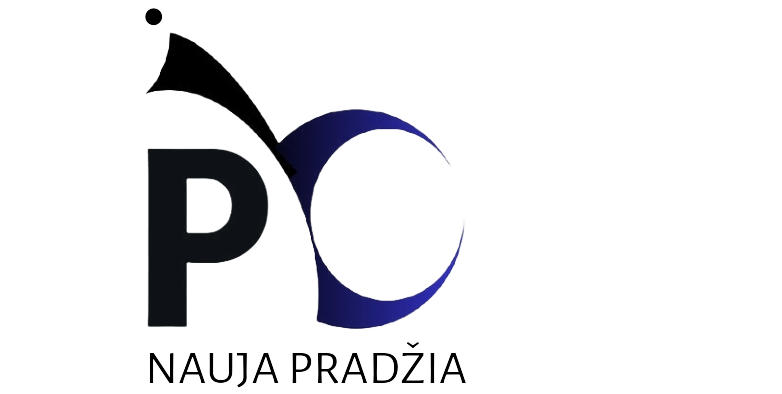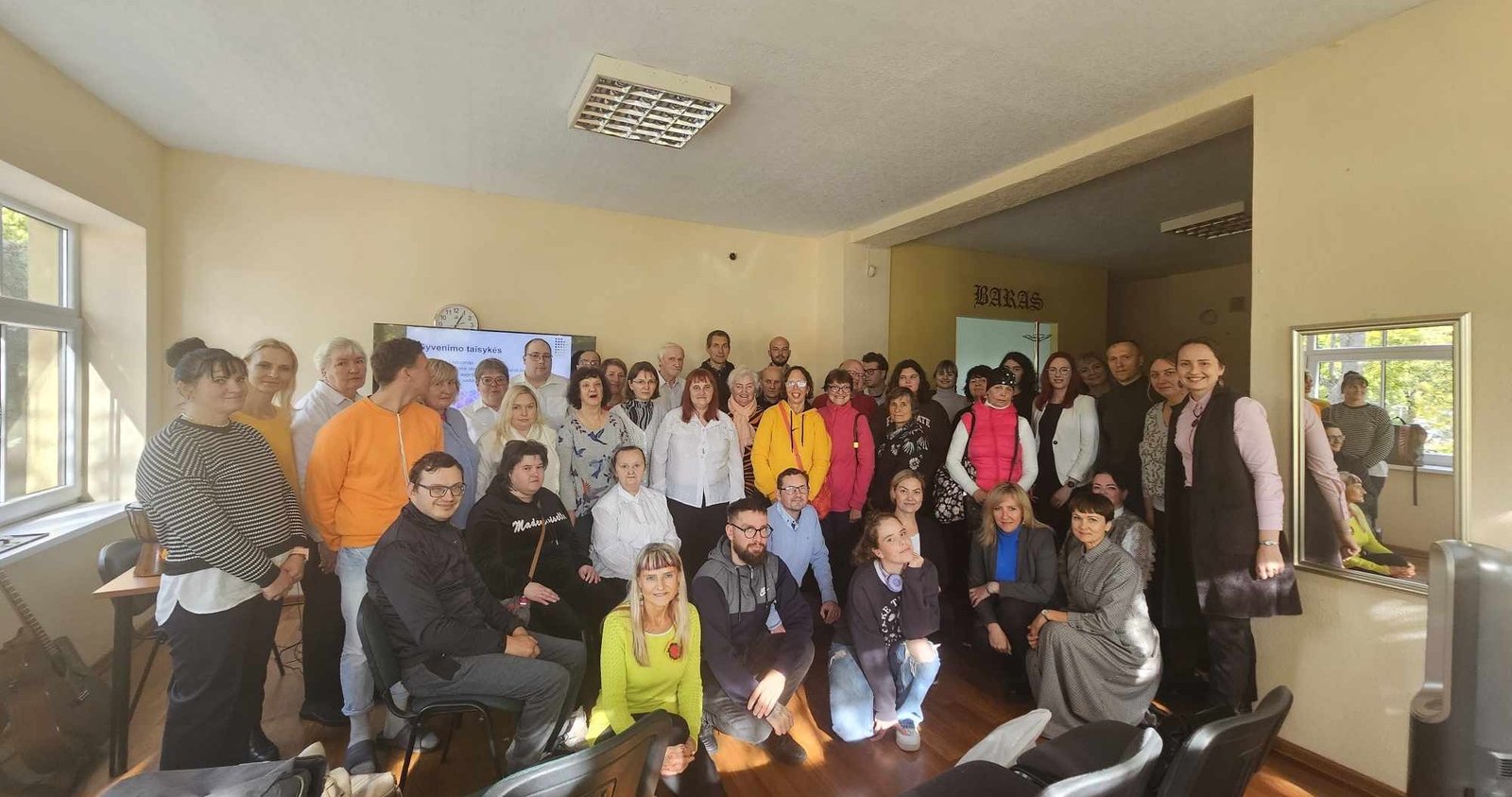On October 10th, the psychosocial activity center “Nauja Pradžia” marks World Mental Health Day, aiming to draw public attention to the importance of mental health. On this day, the center is organizing an event titled “I Take Care of My Mental Health” to promote mental health literacy, reduce stigma, and encourage equality and tolerance in the context of psychosocial disabilities. The event is implemented as part of the project “An Active and Solidary Step in the Context of Psychosocial Disability”, approved by the Public Institution “Open Lithuania Fund” and financed by the European Commission’s Citizens, Equality, Rights and Values program.
“World Mental Health Day is not just an opportunity to talk about what concerns us in the context of mental health, but also a chance to recognize that everyone’s mental and emotional state is important and valuable. This day reminds us that mental health is an inseparable part of our well-being, which we must nurture as responsibly as our physical health. It is particularly important that everyone feels safe talking about their experiences and emotional state because only then can we reduce the stigma around mental health,” says Gerda Kazlauskienė, head of the center.
“Even while working in a psychiatric ward, I observe the immense stigma surrounding mental disorders. Although our society seems to be rapidly evolving and becoming more conscious and tolerant, ambiguous taxi driver remarks when dropping someone off at the ‘psych ward,’ lies to relatives that someone is staying at a sanatorium, and constant patient complaints about the lack of understanding and support still persist. Intolerance stems from fear and misunderstanding. I feel a strong responsibility to spread awareness and speak more about this uncomfortable topic. Neglected and overburdened mental health can ‘trip anyone up’ and start interfering with daily life. So, let’s not rush to judge – let’s dare to embrace new information and expand the boundaries of our understanding,” encourages medical psychologist-psychotherapist Inesa Golubovskaja.
Writer, psychotherapist, and Klaipėda University professor Jūratė Sučylaitė adds: *“After many years of working and communicating with people suffering from mental disorders, I can say that many positive changes have occurred in psychiatry during the years of independence. Society has indeed become more tolerant, and a mental health crisis is no longer seen as a mark of shame. However, returning to a full life after treatment in a closed psychiatric ward is not easy. Schizoaffective disorder and schizophrenia often affect young people whose lives before illness were successful and filled with promising goals. How do you not break when knowing that a psychotic episode may recur? How do you live when you feel suppressed by medication and disconnected from yourself? There are many problems that require psychosocial support, including self-help groups, psychoeducation, psychotherapy, and family training.
Nowadays, anxiety disorders and crises are prevalent, where people, unable to cope with their difficult experiences, harm their bodies because physical pain alleviates inner suffering. Humans are always part of society, and the cultural environment can strengthen personal resilience, inspire perseverance, and help one understand their experiences. On the other hand, it can also foster indifference to universal human values, spreading despair and hopelessness. Each of us must protect our health and find within ourselves the strength to withstand life’s hardships and spread the light of humanity.”*
Nurturing mental health is not just a personal but also a societal responsibility. Whether we can extend a helping hand to those facing mental health challenges depends on empathy and understanding. Only by collectively promoting tolerance, reducing stigma, and caring for mental well-being can we create a healthier and more supportive community in Klaipėda.






Leave a Reply